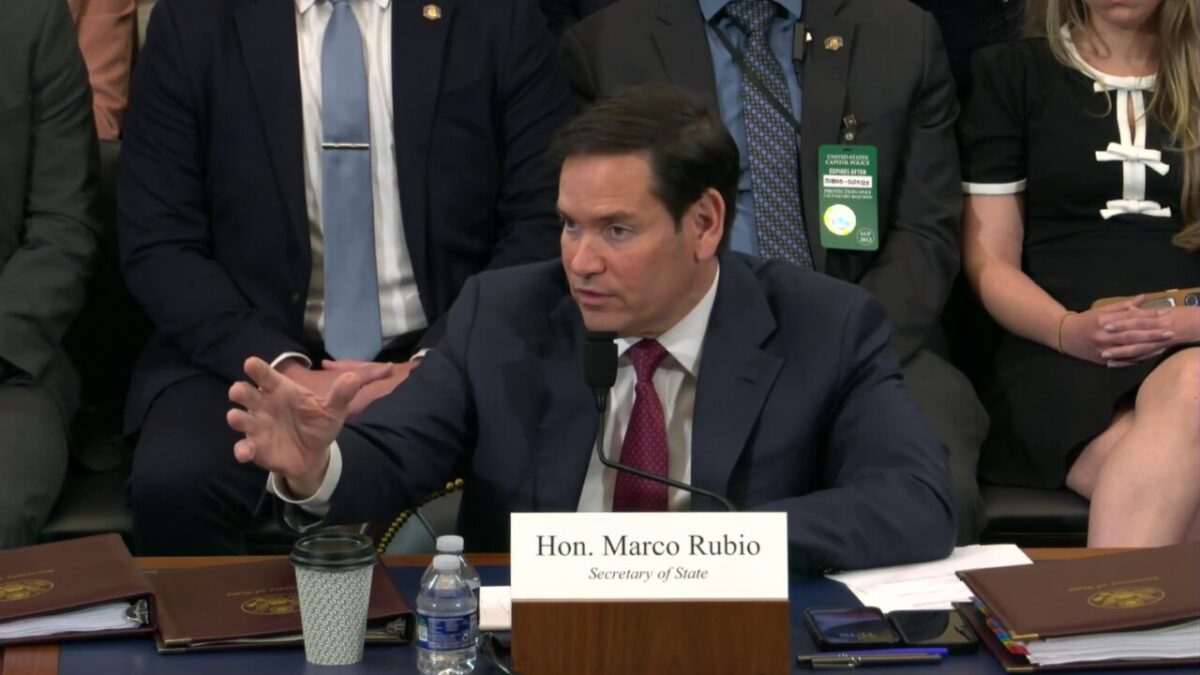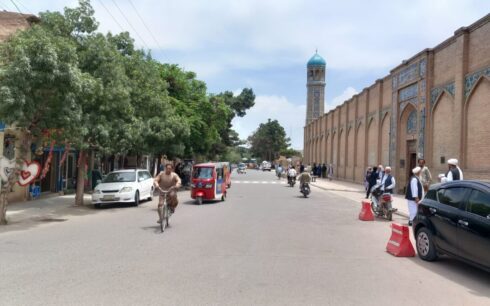WASHINGTON — Secretary of State Marco Rubio told lawmakers on Wednesday that the classification of the Taliban as a foreign terrorist organization “is now once again under review”.
Speaking before the House Foreign Affairs Committee, Rubio said the State Department is weighing the designation as part of a broader reassessment of U.S. policy toward Afghanistan.
“We’ll have some decisions to make,” Rubio said in response to a question from Representative Tim Burchett, Republican of Tennessee. “That designation ultimately will be based on a holistic approach to what we think our future policy is going to be with regards to Afghanistan.”
Rubio added that while recent diplomatic efforts have secured the release of some detained Americans, concerns remain over the Taliban’s ties to al Qaeda and other armed groups operating inside the country.
“We’re clearly aware of who they are and what they’ve done in the past,” he said. “We’d like to see more cooperation from them on al Qaeda and other elements in the country that we’d like to see targeted.”
Pressed by Burchett on whether Americans can be assured the United States will not face future attacks from Afghanistan-based militants, Rubio acknowledged the persistent threat.
“That’s what we need to ensure every single day,” he said, adding that the Department of Defense holds primary responsibility for operational security. “There’s a reason why we don’t have a diplomatic presence in Afghanistan — because we do not feel at this point like we could appropriately secure our personnel.”
Rubio emphasized President Trump’s ongoing interest in preventing Afghanistan from becoming a staging ground for attacks against the United States. “He was very involved in negotiating in his first presidency for a deal that kept Americans safe,” he said. “And I think he’s interested in arriving at one again.”
Burchett also highlighted a proposed bill, House Resolution 260, which he said seeks to block U.S. taxpayer dollars from benefiting the Taliban. According to the congressman, internal documents suggest the group could be collecting up to $40 million a week — potentially as much as $5 billion annually — from foreign aid and other revenue sources.
While Rubio said he had not reviewed the legislation, he expressed support for its intent.
“The President has issued an order, which we have followed, to suspend any aid that could possibly reach the hands of the Taliban,” he said. “And that’s been implemented.”
The Taliban are not currently listed as a Foreign Terrorist Organization (FTO) by the U.S. State Department. However, the group is subject to U.S. sanctions under Executive Order 13224, which designates them as Specially Designated Global Terrorists — a classification that allows the U.S. to freeze assets and prohibit transactions with them.
By contrast, the Haqqani network, considered a faction within the Taliban, is listed both as a Foreign Terrorist Organization and as a Specially Designated Global Terrorist entity.
In recent years, some members of Congress have pushed for a more formal designation of the Taliban. In July 2024, a bill was introduced in the House of Representatives calling for the group to be added to the State Department’s official FTO list. The measure, however, has not advanced.





